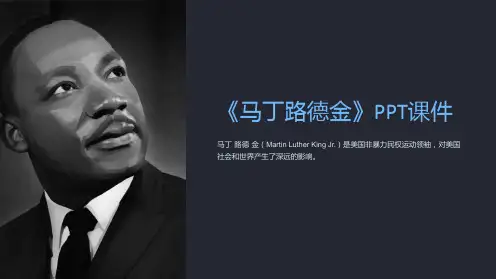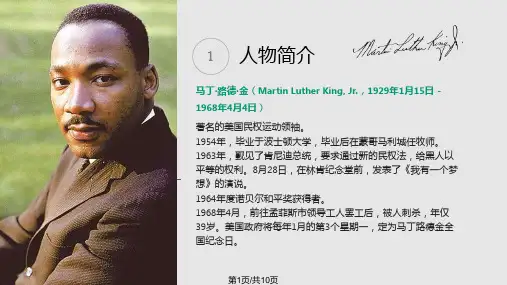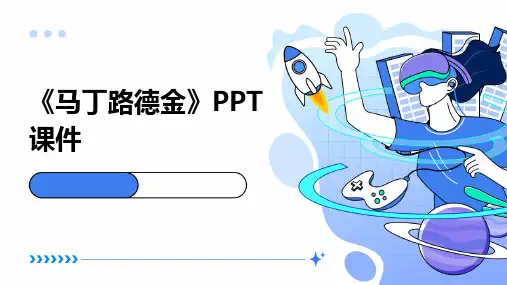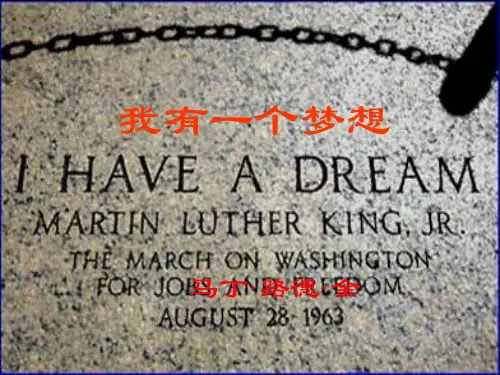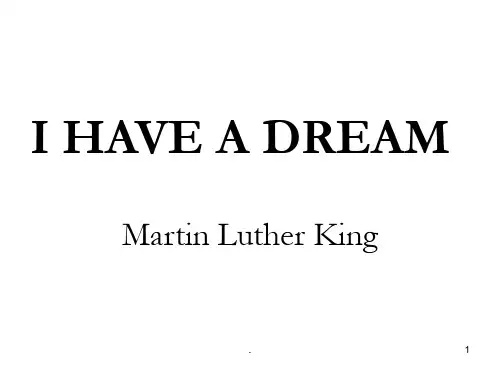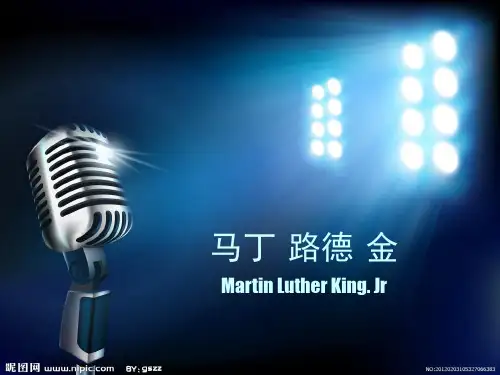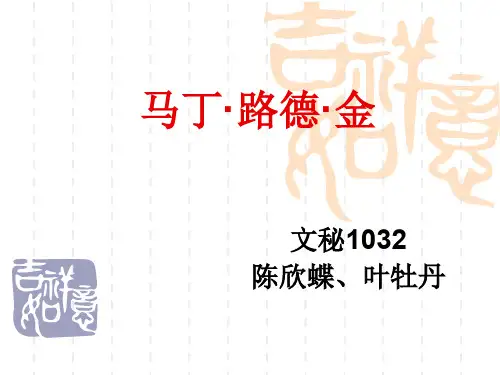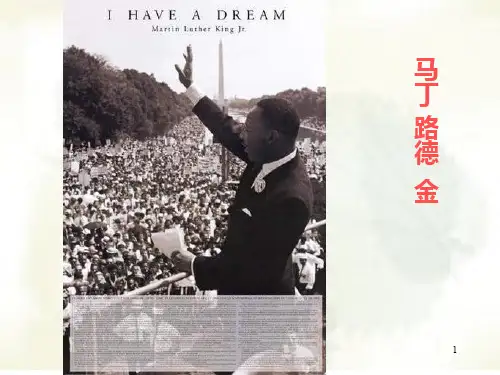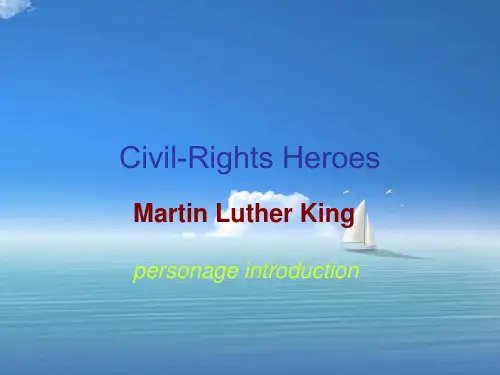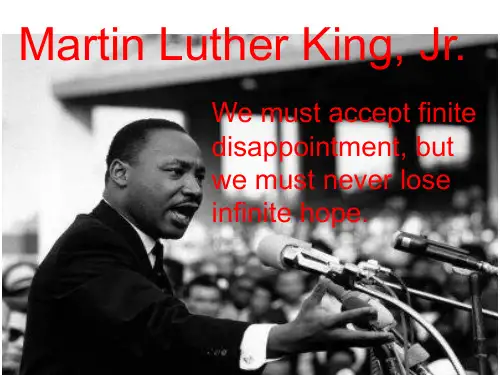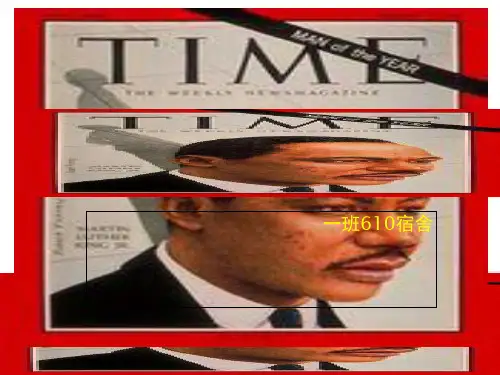My first encounter with deeper meanings of populism came when I was nineteen, working as a field secretary for the Southern Christian Leadership Conference (SCLC) in St. Augustine, Florida in 1964. One day I was caught by five men and a woman who were members of the Ku Klux Klan. They accused me of being a "communist and a Yankee." I replied, "I'm no Yankee – my family has been in the South since before the Revolution. And I'm not a communist. I'm a populist. I believe that blacks and poor whites should join to do something about the big shots who keep us divided." For a few minutes we talked about what such a movement might look like. Then they let me go. When he learned of the incident, Martin Luther King, head of SCLC, told me that he identified with the populist tradition and assigned me to organize poor whites.
